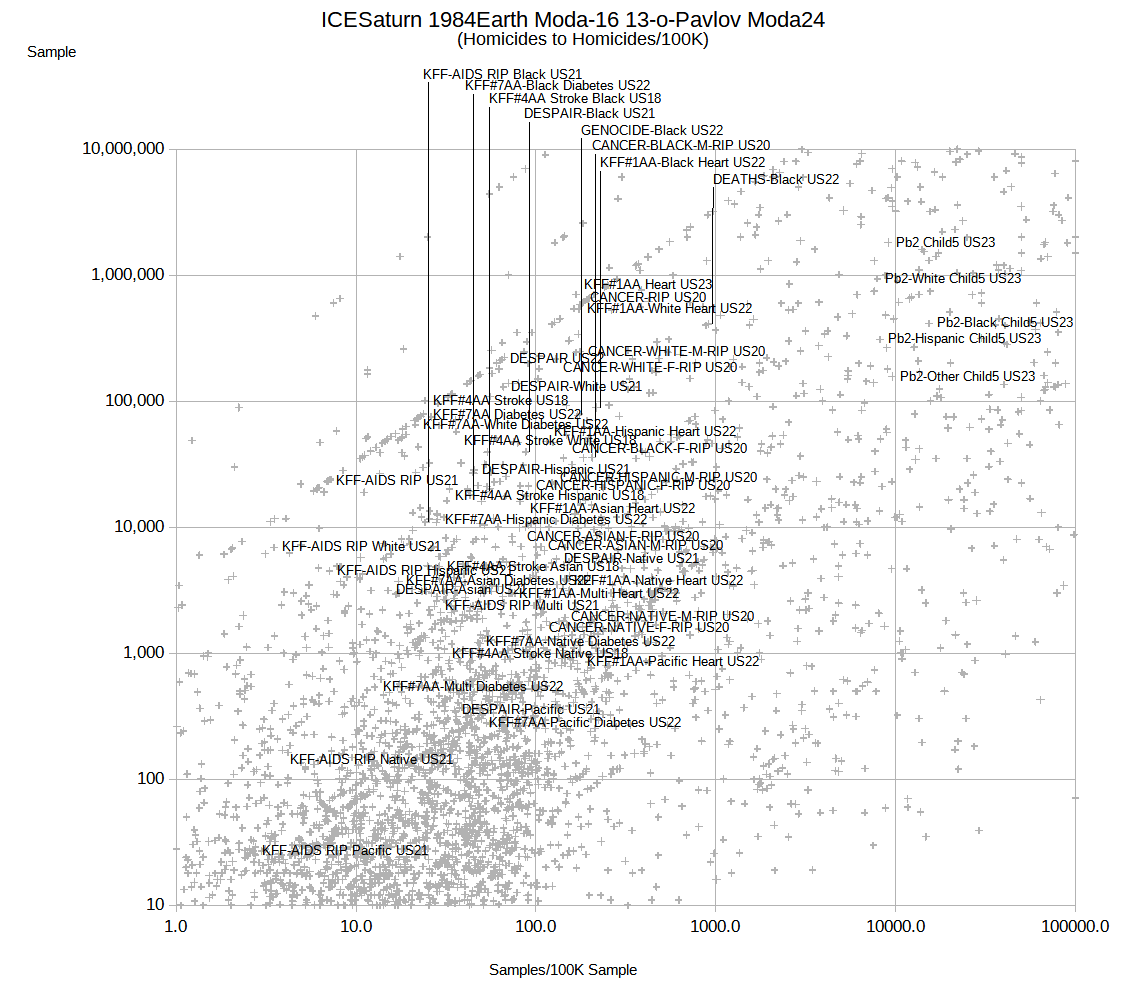
Health care inequality and the Covid-19 pandemic’s toll put Democrats at a structural disadvantage in the 2024 election.
Left: Supporters listen as Democratic presidential nominee Kamala Harris concedes the election during a speech at Howard University on November 06, 2024. Visual: Brandon Bell/Getty Images
11.21.2024
In January 2021, I was in my last year of medical school and applying for a residency. During one interview with a program, I asked a resident how the pandemic had affected his medical training, especially as a Black man. He began to cry. Every patient in his hospital’s ICU had Covid-19, and they were all Black. Soon after, I started residency at another hospital and witnessed firsthand the devastating toll Covid-19 had on Americans, predominantly Black and Hispanic communities. The pandemic dominated the news in 2020 and was a significant issue during and after that year’s U.S. presidential election.
This year, one election cycle later, news mentions of Covid-19 and the havoc it wreaked on people in the U.S. — especially on racial minorities — seemed rare. In post-mortem analyses of the Democrats’ presidential loss in mainstream media, little has been said about the pandemic’s impact. However, neglecting the topic of health care, especially health care inequality, during the campaign may have cost Democrats the White House. Doing so in future elections will continue to be a risky strategy, if not a losing one.
Related
The Abbreviated Lives of Black Men
Between 2020 and 2023, nearly 1.3 million more Americans died than expected. These people were disproportionately Hispanic, Black, and Native American, with the overwhelming majority dying of Covid-19. A recent study found that among young people, Black Americans accounted for over 50 percent of excess deaths despite comprising less than 14 percent of the population. The past few years have been traumatic, and health care has been a top concern for voters. Yet many felt that health care didn’t receive enough attention in the campaign discourse. Polls showed increased support for Donald Trump among Black voters, especially Black men. Scant attention has been given to how much this shift might be due to health-related concerns and the lasting impacts of the pandemic and its associated health crises.
I trained in internal medicine and primary care during the pandemic. I treated Covid-19 patients in various settings and stages of illness, and I’ve been studying and writing about the opioid epidemic since 2016. I believe that many Black Americans who might have supported Kamala Harris in this election died prematurely — either from Covid-19 or opioid overdoses — which has weakened the Democratic electorate. While this might seem far-fetched, preventable deaths tied to systemic inequalities can indeed shape the electorate in consequential ways. A study found that of 2.7 million Black Americans who died prematurely due to inequality between 1970 and 2004, 1.7 million would have been of voting age past 2004, with most of them likely to have supported Democrats.
This election’s exit polls showing increased support for Trump among Black men may partly reflect a form of survivor bias. Black men, who were more vulnerable to Covid-19 and overdose deaths, were underrepresented in the voter pool. Indeed, while the media covered racial disparities in Covid-19 incidence and mortality widely, not as much coverage was given to the specific burden among Black men. For example, a colleague and I analyzed nine months’ worth of Michigan’s Covid-19 data to look at disparities in disease incidence and mortality. We found that the gaps between Black people and White people shrunk at roughly the same rate for men and women over time. Still, the gaps remained worse among men, underscoring Black men’s unique vulnerability.
One study found that of 2.7 million Black Americans who died prematurely due to inequality between 1970 and 2004, 1.7 million would have been of voting age past 2004.
Beyond Covid-19 deaths, we saw other conditions affected: Opioid overdose deaths among Black men surged dramatically. In 2020, the overdose death rate for Black Americans surpassed that of White Americans, with the rise concentrated almost entirely among older Black men over 55. The social conditions of the pandemic — including disruptions to health services, increased isolation, and economic devastation — likely exacerbated overdose deaths, adding yet another layer of mortality and loss to Black communities.
What’s more, the so-called unwinding of Medicaid effectively discouraged millions of those who survived the pandemic from voting. Medicaid, the largest public health insurer, covers more than 79 million low-income Americans, with racial minorities disproportionately represented. Perhaps surprisingly, research over multiple elections from 2008 to 2014 has shown that Medicaid expansion can increase voter turnout, especially for men and in Democratic counties.
https://undark.org/2024/11/21/opinion-neglecting-healthcare-election/

Comments